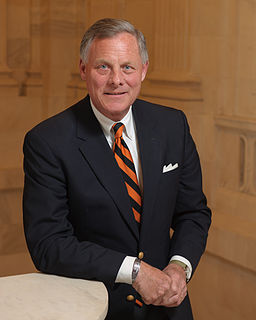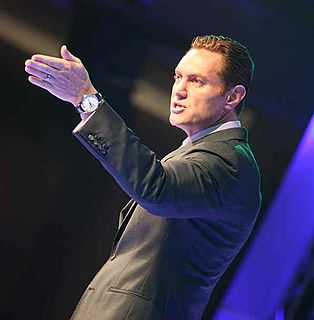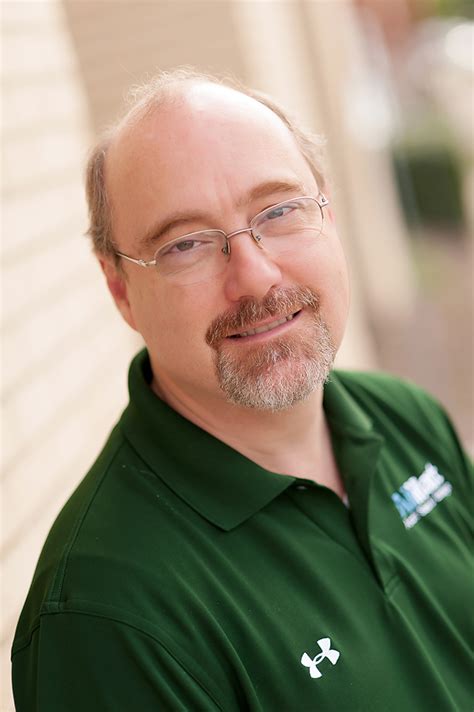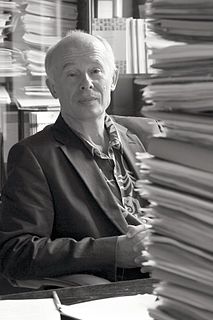A Quote by Richard Burr
The best way to reduce emissions and pollution is not through partisan political theater but through developing consensus on areas that will bring about effectual change.
Related Quotes
I have felt for a long time that the pathway to solving the climate crisis is through the building of a massive grassroots army of men and women who will go out there and win the conversation on climate, and persuade businesses, and universities, and towns to switch to renewable energy and to reduce emissions. And the big change from ten years ago is that people are way more receptive, not only to the message that we have to act, not only to the message that now we can act, we have the solutions now - that's the biggest change - but also willing to make a commitment that we will act.
Connect with people, visibly and loudly showcase initiatives that reduce greenhouse gases emissions, nurture youth leaders, or spread the message by raising awareness through campaigns. I am convinced that your contributions will ensure that climate change solutions safely power our - and especially your - future.
Today, financial capital is no longer the key asset. It is human capital. Success is no longer about economic competence as the main leverage. It is about emotional intelligence. It is no longer about controls. It is about collaboration. It is no longer about hierarchies. It is about leading through networks. It is no longer about aligning people through structures and spreadsheets. It is about aligning them through meaning and purpose. It is no longer about developing followers. It is about developing leaders.
We will pay for this [climate change] one way or another. We will pay to reduce greenhouse-gas emissions today and we'll have to take an enormous hit of some kind. Or we will pay the price later in military terms. And that will involve human lives. There will be a human toll. There is no way out of this that does not have real costs attached to it.
There is a single theme behind all our work-we must reduce population levels. Either governments do it our way, through nice clean methods, or they will get the kinds of mess that we have in El Salvador, or in Iran or in Beirut. Population is a political problem. Once population is out of control, it requires authoritarian government, even fascism, to reduce it.
Will this massive outcry [about pollution] continue long enough to have effective results? Will federal and state laws be enacted with effective enforcement clauses? Will people be concerned long enough to pay the bill through higher prices? Will towns tole lost jobs when it proves too costly to clean obsolete plants?... I think so, but it sure won't be as easy as the present outcry and political oratory suggest. The answers to preserving a livable environment are not all simple, and some of the nuts now pushing simplistic cure-alls won't help bring about any lasting solutions.


































